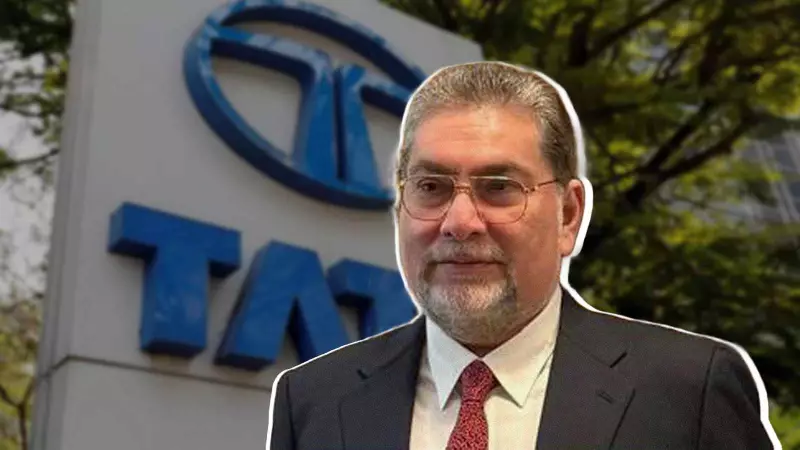
In a dramatic corporate showdown that has sent shockwaves through India's business community, Tata Sons has initiated legal proceedings against former director Mehli Mistry, marking a significant escalation in the ongoing tensions within one of India's most prestigious business empires.
The Legal Preemptive Strike
Tata Sons, the holding company of the sprawling $128 billion Tata Group, has taken the extraordinary step of filing a caveat petition in the Bombay High Court. This legal maneuver essentially serves as a preemptive warning, ensuring that the court cannot issue any orders without first hearing Tata's side of the story. The move indicates that the conglomerate anticipates potential legal action from Mistry and is preparing its defense strategy accordingly.
Background of the Corporate Clash
The roots of this conflict trace back to Mehli Mistry's tenure as a director on the Tata Sons board. While specific details of the dispute remain closely guarded, sources indicate that differences in corporate strategy and governance approaches may have triggered the current legal standoff. The Mistry family's historical connection to the Tata Group adds layers of complexity to what appears to be evolving into one of corporate India's most watched legal battles.
Broader Implications for Corporate India
This high-profile legal tussle transcends the immediate parties involved, raising critical questions about corporate governance standards in India's largest business houses. Legal experts suggest that the outcome could set important precedents for how corporate disputes are handled within family-controlled business groups that dominate the Indian economic landscape.
The timing of this legal development is particularly significant, coming at a period when the Tata Group is navigating multiple strategic initiatives and global market challenges. Industry observers are closely monitoring how this legal confrontation might impact the group's operational stability and investor confidence.
What's Next in the Legal Battle?
With the caveat now officially filed, the legal chess game moves to its next phase. Legal professionals familiar with such corporate disputes suggest that this could be the opening move in what may become a protracted legal war. The Bombay High Court's handling of the matter will be scrutinized by corporate boards and legal departments across the country, potentially influencing how similar disputes are approached in the future.
As both sides prepare their legal arsenals, the business community awaits the next development in what promises to be a landmark case in Indian corporate jurisprudence.






